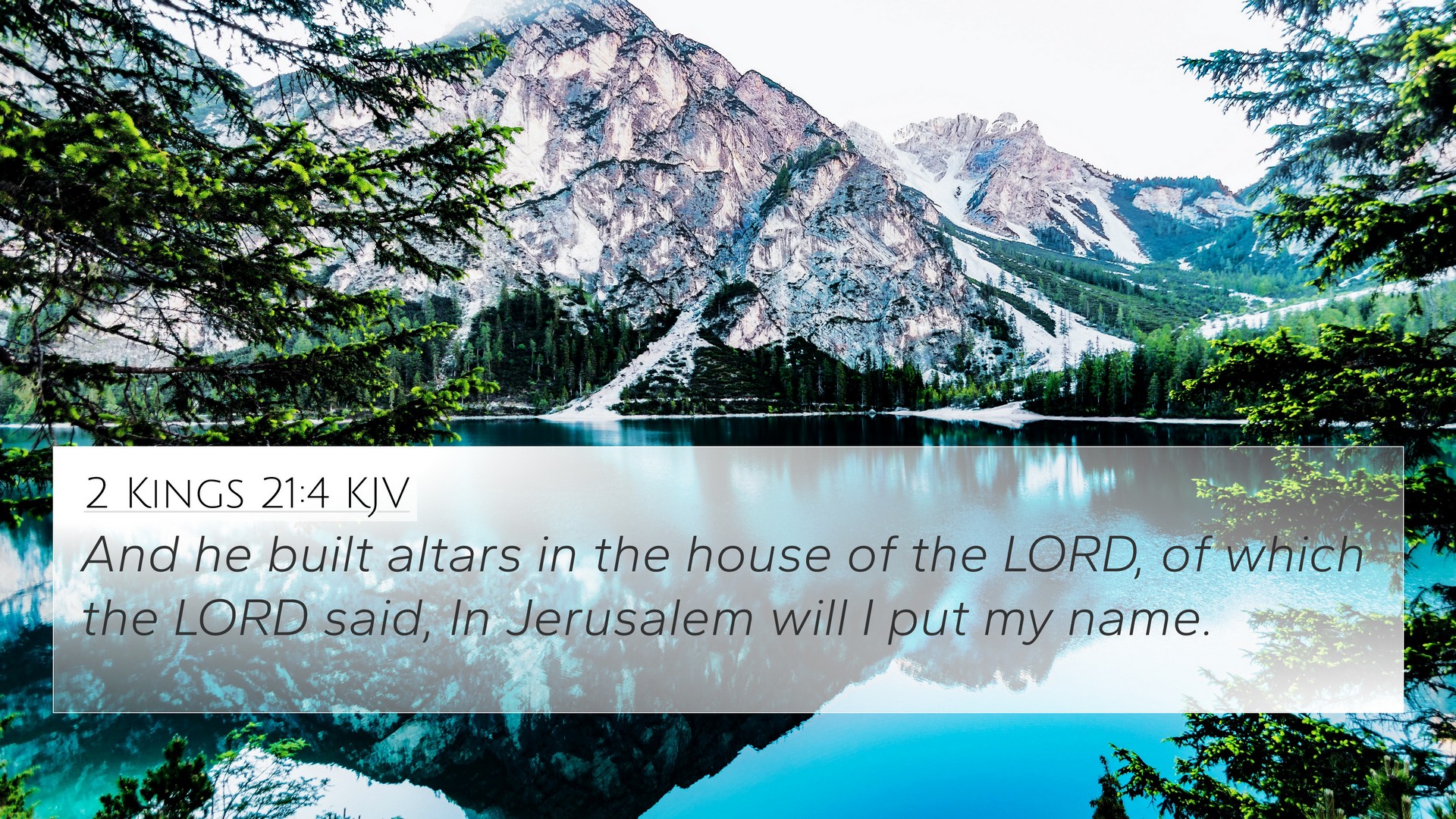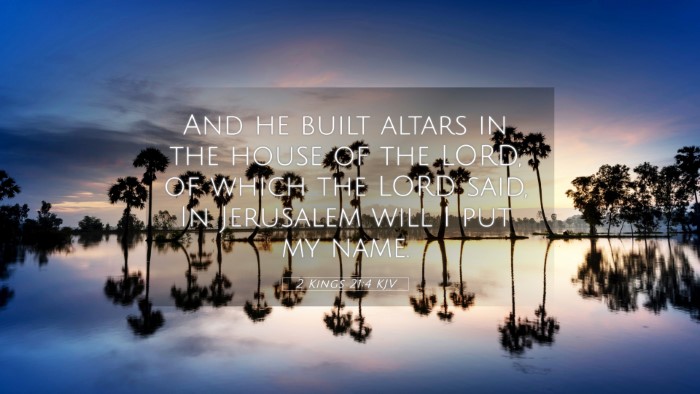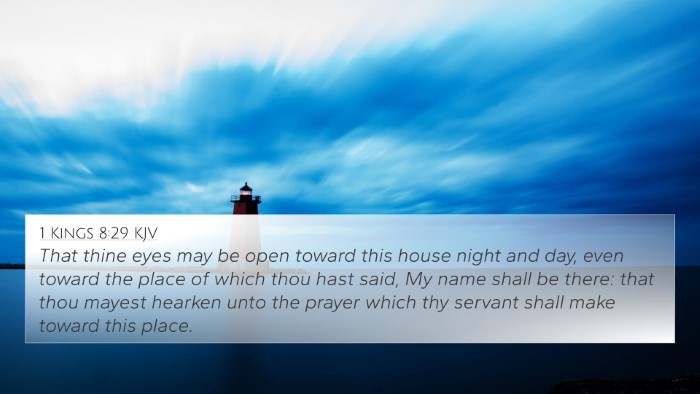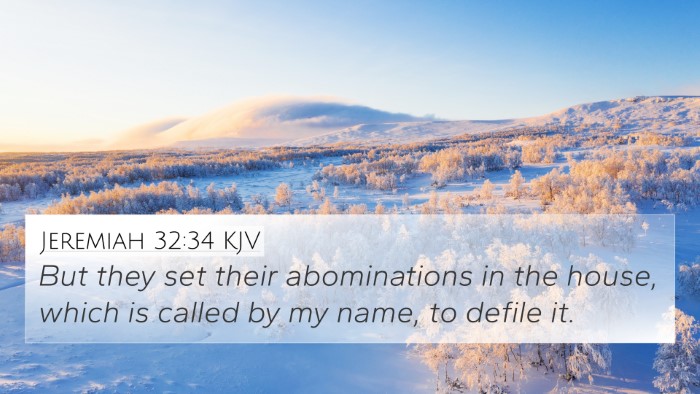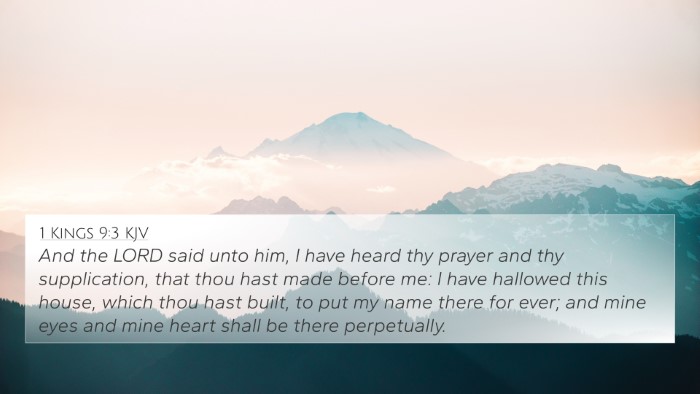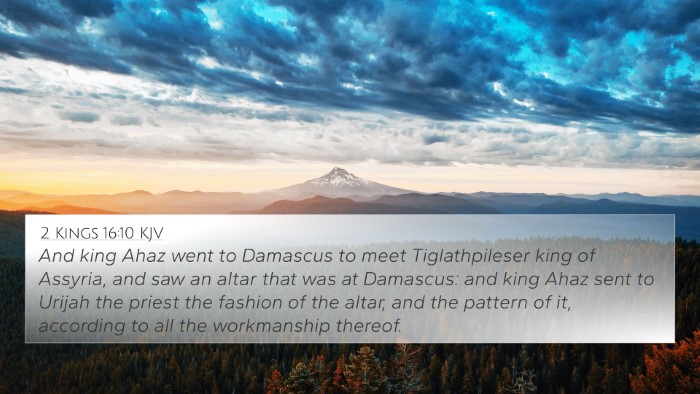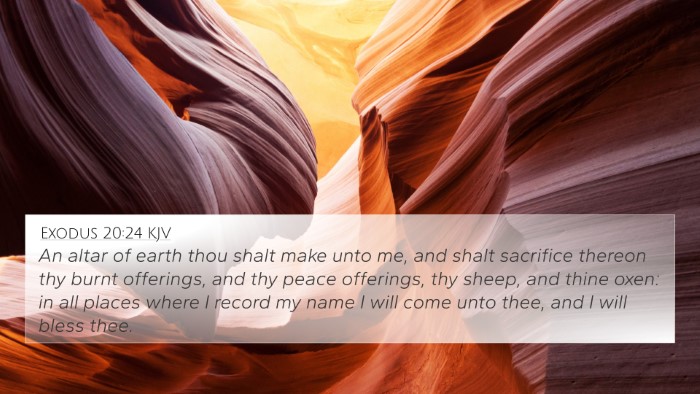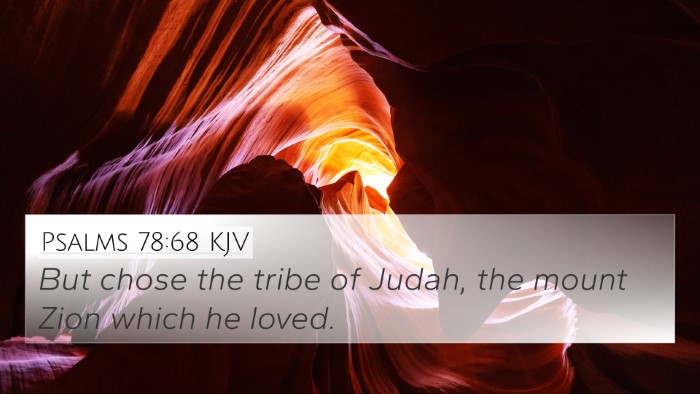Meaning and Interpretation of 2 Kings 21:4
Bible Verse (2 Kings 21:4): "And he built altars in the house of the Lord, of which the Lord said, 'In Jerusalem will I put my name.'" (KJV)
This verse comes from a period marked by significant turbulence in the Kingdom of Judah, particularly during the reign of King Manasseh. Here, we explore the depth and implications of this verse through the insights provided by notable public domain commentaries.
Summary of Insights from Public Domain Commentaries
Matthew Henry's Commentary
Henry emphasizes that Manasseh’s actions were a dramatic reversal of the reforms initiated by previous kings. The construction of altars within the temple stands as a profound act of idolatry and rebellion against God's command. By directly opposing the intentions of the Lord, Manasseh not only misled his people but also rendered the sacred spaces impure.
Henry highlights the theological implication that God’s name, which signifies His presence and covenant with the people, is now associated with such abominable practices. This act illustrates the decline of spiritual integrity within Israel and serves as a cautionary tale against forsaking divine truths.
Albert Barnes' Notes on the Bible
Barnes comments on the severity of Manasseh's sin, stating that building altars in the temple is described as one of the most wicked acts of idolatry. His actions symbolize a deliberate rejection of Yahweh's exclusivity. Barnes notes that by choosing to erect altars, Manasseh blurred the lines between true worship and pagan practices, leading to a national catastrophe.
Furthermore, Barnes mentions that this verse indicates the beginning of a period of great sinfulness in Judah, marked by the people’s compromise of their faith. It serves as a reminder that leaders bear a tremendous responsibility, influencing the moral compass of the nation.
Adam Clarke’s Commentary
Clarke provides a critical analysis of the ramifications of Manasseh’s decisions. He asserts that the king’s altars symbolize a spiritual coup against God’s intended worship. The theological significance of God placing His name in Jerusalem becomes perverted under Manasseh's rule, as the sanctum of worship is exchanged for false idolatries.
Clarke also notes the prophetic context, suggesting that such actions invite divine judgment. He draws attention to the covenantal nature of God's relationship with Israel, pointing out that the presence of His name is contingent upon fidelity to His commandments.
Thematic Connections and Cross-References
Understanding 2 Kings 21:4 requires looking at how it connects with various scriptures that speak about idolatry, worship, and God's covenant. Here are several relevant cross-references:
- Deuteronomy 12:5-7: God commands His people to worship in the place He chooses, underscoring the exclusivity of worship.
- 2 Kings 23:4-5: Josiah’s reforms of these abominable practices reveal the legacy of Manasseh's influence.
- Jeremiah 7:30-34: Reflects the broader societal impact of idolatry, warning of dire consequences.
- Isaiah 1:11-15: Relates to the futility of offerings marred by unrighteousness, parallel to Manasseh's actions.
- Ezekiel 8:5-12: Depicts further idolatrous practices entering the temple, demonstrating a continuing theme of corruption.
- Romans 1:25: Discusses the exchange of truth for lies, a hallmark of the idolatry inspirited by leaders like Manasseh.
- Matthew 15:9: Jesus highlights that worship devoid of the heart is a legacy of Manassian idolatry.
Applications for Cross-Referencing Bible Verses
This exploration of 2 Kings 21:4 serves as a foundation for understanding cross-references in the Bible. Below are ways in which this verse enhances the study of scripture:
- How to find cross-references in the Bible: Understanding the themes of idolatry and leadership in 2 Kings aids in locating other relevant scriptures, especially in contexts of worship.
- Identifying connections between Old and New Testament: The consequences of failing to uphold God's commandments in the Old Testament serve as stark warnings echoed throughout New Testament teachings.
- Cross-reference Bible study methods: Using topical analyses will provide deeper insights when studying themes of sin, repentance, and God's mercy.
- Tools for Bible cross-referencing: A good concordance or a thematic Bible reference guide can illuminate connections between verses.
Conclusion
The study of 2 Kings 21:4 provides rich insights into the consequences of turning away from God and worshiping idols. Through cross-referencing biblical texts, one can unravel the profound errors made by Manasseh and their repercussions. By understanding these connections, readers can appreciate the overarching narrative of scripture and the continued relevance of these ancient texts in contemporary faith practices.
